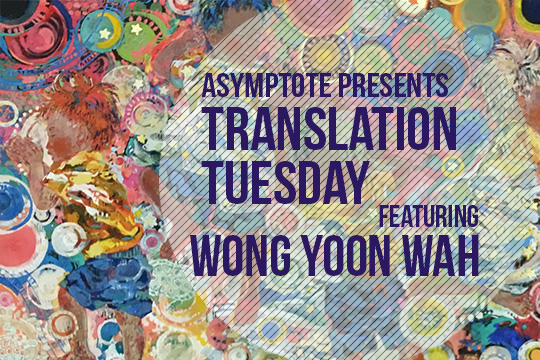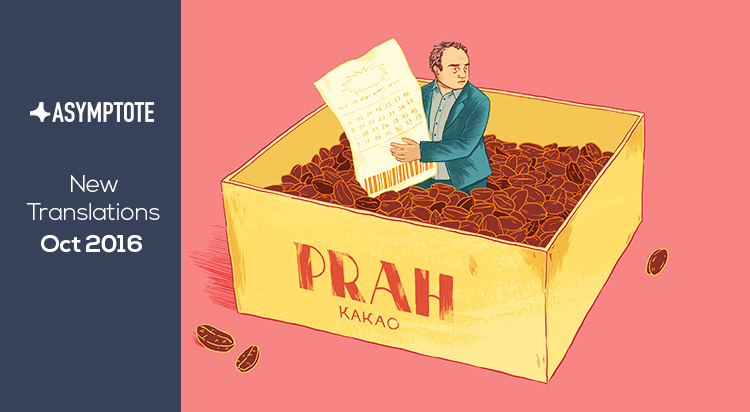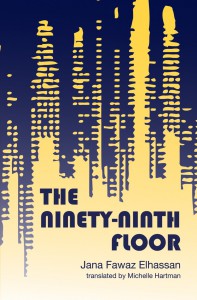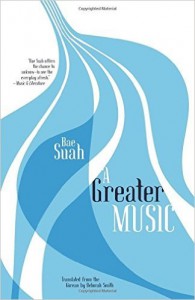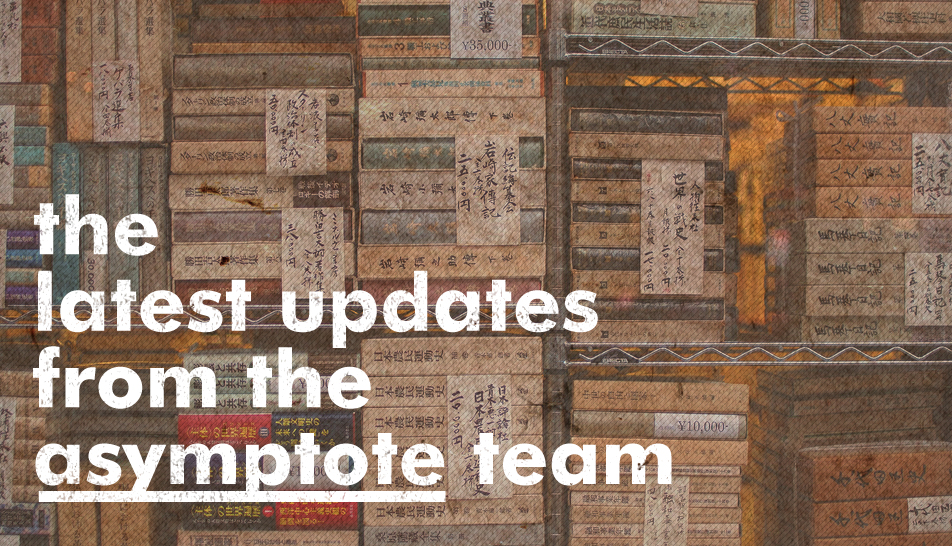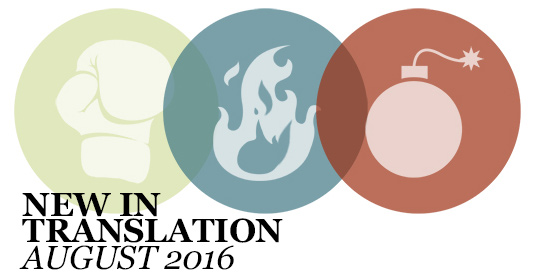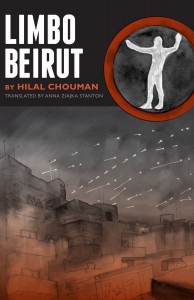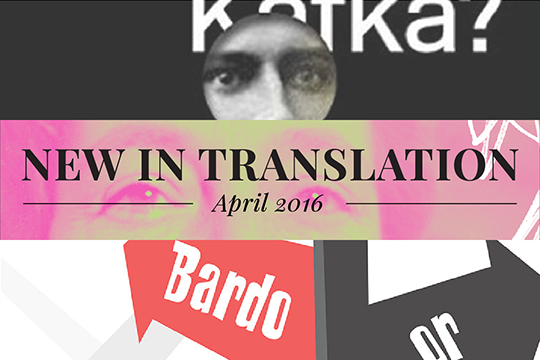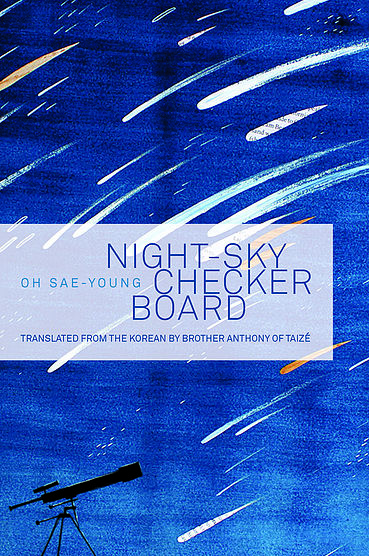The end of the year is nearly upon us, and we can hardly believe it here at the Asymptote blog. 2016 has been difficult the world over, but that hasn’t stopped a flourishing of creative energy in literature and the arts—which may be of more importance now than ever. This week, we check in with Asymptote team members on the latest literary happenings in places they call (or have once called) home.
Our world tour begins in Argentina, where Assistant Editor Alexis Almeida brings us the latest:
As the year comes to an end, there has been a steady stream of literary festivals in Buenos Aires. Most recently, the sixth annual Fanzine Festi took place at the Convoi Gallery, which featured zines and underground presses like Tren en Movimiento, alcohol y fotocopias, Fábrica de Estampas, Ediciones de Cero, and many others. On the same weekend, Flipa (Fería del Libro Popular [Popular Book Fair]) took place at the Paco Urondo Cultural Center. This initiative, free and open to the public, came out of “Construyendo Cultura,” a collective of cultural spaces in Buenos Aires, and aims to create a editorial circuit that reaches “the largest possible number of authors, readers, and spaces for the diffusion…of collective, homegrown presses and graphic cooperatives.” This is just another example of the thriving DIY print culture in Buenos Aires. Also held recently was La Sensacíon, a monthly book fair held at the bookstore La Internacional in the Villa Crespo neighborhood. It boasts titles from independent presses such as Blatt & Ríos, Fadel & Fadel, Milena Caserola, and others.
Two recent conferences spotlighted 20th century poets: Alejandra Pizarnik and Susana Thenon. The former was held at the MALBA contemporary art museum, and brought together various contemporary writers and literary critics, such as María Negroni, Daniel Link, and Federica Rocco, to discuss different aspects of Pizarnik’s work. There was also a screening of Virna Molina and Ernesto Ardito’s documentary, Alejandra. The latter was part of a series on gender and poetry presented by Arturo Jauretche University.
Ni Una Menos, the feminist advocacy group, recently led a march on November 25, for the International Day for the Elimination of Violence Against Women. There was also a national assembly held the same day in public spaces in cities throughout the country, in which advocates and citizens made public demands for legalized abortion and stronger legislation for the prevention of gender violence, among other issues.



